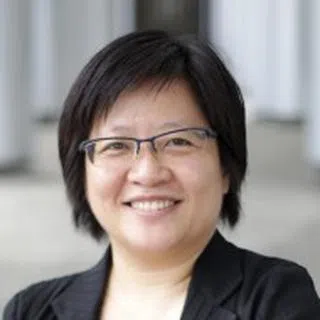BBC vs CCTV's Xinjiang: Which is the real Xinjiang?
BBC China correspondent John Sudworth's sudden move to Taiwan from Beijing has elicited opposing interpretations from China and the West; in fact, so has his reports on Xinjiang. Was Sudworth creating "false reports" of Uighur factory girls? Or were the Chinese officials coercing young Uighurs to leave their hometowns for work in the cities as asserted by the BBC? Han Yong Hong thinks the contradictory interpretations show a clash in ideological values and views between China and the West.
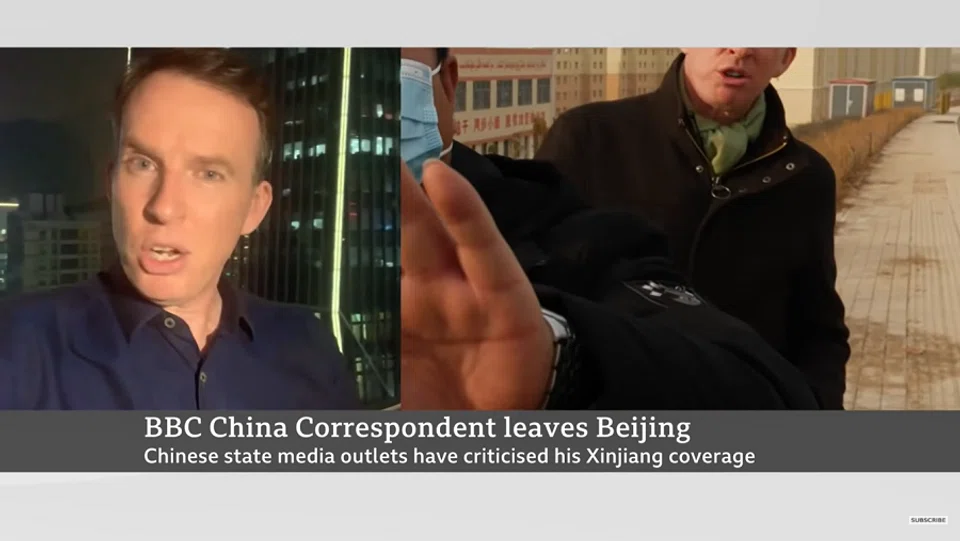
BBC China correspondent John Sudworth has recently left Beijing with his family and moved to Taipei. His sudden and unusual departure became international news on 31 March, inviting opposing interpretations from Chinese authorities and Western public opinion.
That day, the BBC released a statement praising Sudworth, stating that "John's reporting has exposed truths the Chinese authorities did not want the world to know", which resulted in his departure following pressure and threats from the Chinese authorities. Sudworth also mentioned that he has been facing an enormous amount of pressure, which has become increasingly intense over the past few weeks, following his reports on Xinjiang, the source of the Covid-19 coronavirus, Hong Kong, and other sensitive topics.
Sudworth said that the Chinese authorities launched a "propaganda campaign" against the BBC and himself, and that he and his team faced threats of legal actions, surveillance and harassment each time they tried to do any filming for their reports. He was left with no choice but to leave.
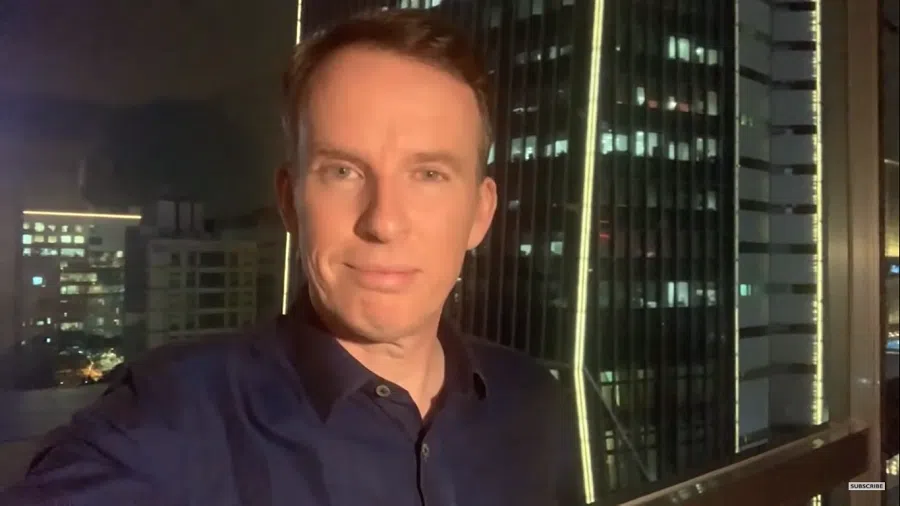
In response to this, Chinese foreign ministry spokesperson Hua Chunying engaged in a minor battle of words with foreign media. During a regular press conference on 31 March, Hua said, "We have not heard of any threat from any Chinese authorities targeted against him." She also pointed out that "some Xinjiang residents and entities that have suffered heavy losses because of the false reports by John Sudworth plan to seek legal redress against him". She further questioned Sudworth's reason for leaving, asking, "Now what is he running away from?"
The gulf between two views
The departure of a Western media reporter has given rise to two interpretations.
One interpretation says that a defender of human rights and freedom of the press was forced to leave by the powers that be. On the other hand, Chinese officials are hinting that Sudworth is running away because of a guilty conscience. CGTN even labelled him as a reporter who always attacks China and views China with an "underworld filter".
... his Xinjiang-related news clips clearly reflect the contradiction between Chinese and Western values, and highlight insurmountable gaps between two different ideologies.
What Xinjiang-related reports did Sudworth write? I did an online search and found that in June 2019, he participated in a government-organised media tour of the Xinjiang vocational education and training centres and reported on it. Early last month, he also did a story on Uighur women working in Anhui factories, for which some of the material surprisingly came from a 2017 news clip from CCTV (《皮山姑娘要远行》, meaning "Pishan women travelling far and beyond").
Just from the audience's point of view, Sudworth's reporting captures vivid details and fills in information gaps and perspectives not covered by Chinese state media. On further analysis, his Xinjiang-related news clips clearly reflect the contradiction between Chinese and Western values, and highlight insurmountable gaps between two different ideologies.
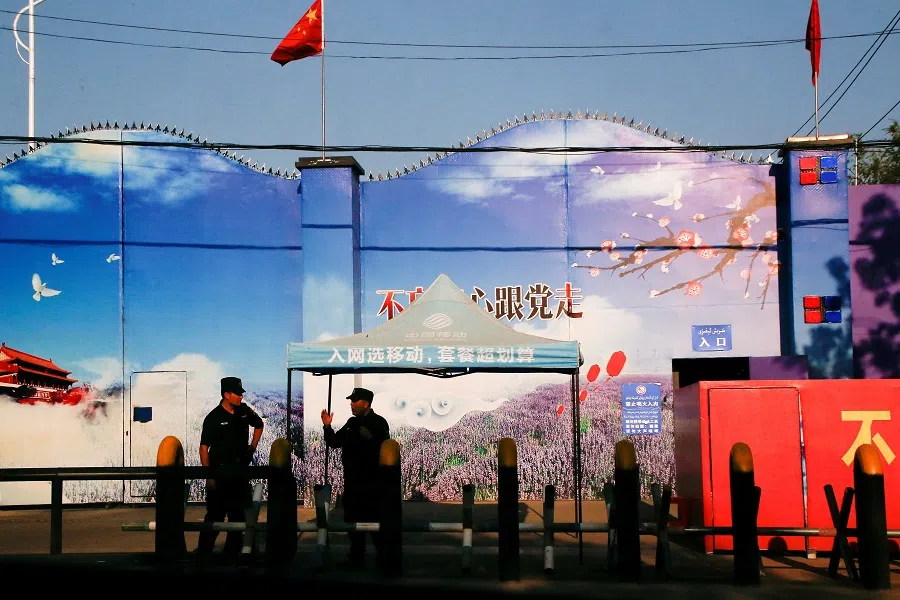
Be it establishing education centres or sending Uighur youths to work in factories at developed regions far away from home, the goal of the Chinese officials is to integrate Uighurs into the country's system. During this process, some Uighurs have to leave their original living environments, accept modern civilisation and enter the industrialised production system so that potential breeding grounds of terrorism and separatism can be eliminated. Under China's narrative, the country's system is dominated by Han Chinese, and modernisation and industrialisation imply sinicisation at the same time. These are indisputable facts.
To achieve what they feel is right and just, the authorities have not been shy to resort to coercive measures in sending Uighurs to training centres and deploying cadres to talk Uighur youths into going to work outside of Xinjiang.
The gap in values between China and its detractors is most obvious in Sudworth's story on Uighur girls going to work. The 2017 CCTV news report showed cadres using all their powers of persuasion on the Uighur girls, and depicted this as something positive and worth publicising. Reluctant to leave their homes in the beginning, the Uighur girls eventually bid tearful farewells to their family and became well-trained factory workers. To the Chinese, that was a moving coming-of-age story, and the girls' tears were marks of bravery. But from the BBC's point of view, all this was evidence of coercion and prohibition of Uighur resistance, with suspicion of "forced labour". Western academics who were interviewed also raised questions of the Chinese government thinning the Uighur population and changing their culture and family structure in the name of alleviating poverty.
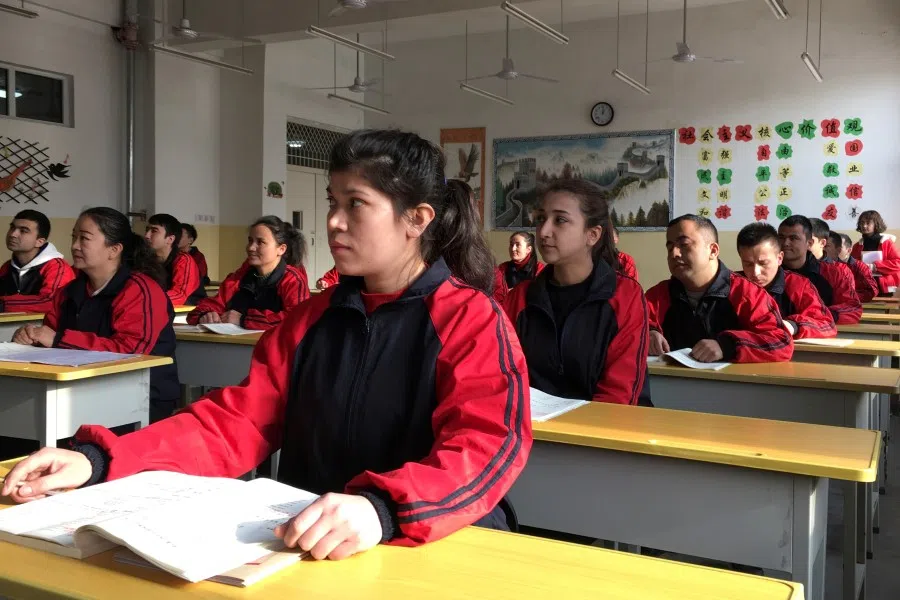
As for the training centres, Chinese officials worked hard to show foreign media happy scenes of Uighurs learning Mandarin and vocational skills, along with dancing and drawing. But Sudworth was most interested in reporting whether the students were willing participants, and whether those places were in fact prisons.
Press embroiled in offensives between China and West
China's management of regions with ethnic minorities forces us to ask fundamental questions that we were taught in journalism school: What does it mean for a report to be objective and balanced? It must be said that latching on to the question of "willingness" shows the fundamental position of the journalist, and it simplifies the many facets of a very complicated issue; however, it is indeed a crucial question, and there is nothing wrong at all with the media probing into it. At the same time, I can totally imagine the frustration of the Chinese officials at having their efforts wiped out by the reports that came out after they took the trouble to bring reporters around to conduct interviews.
The tussle between China and Western media over controversial issues has been a long one. Previously, both sides managed to coexist - most of the time - despite disagreements, but the situation today is more tense, largely because China sees negative reports by some Western media on Xinjiang as part of the US offensive against China. Media companies and journalists have become embroiled, either passively or actively, in the battle for power between China and the West. And the result is that there is even less room for the press freedom cherished by many.
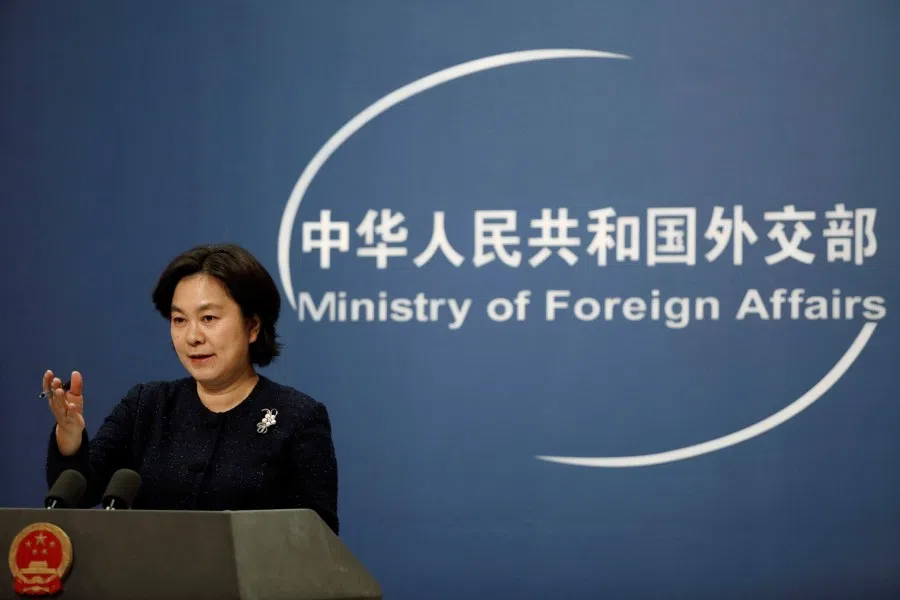
The fact is, on 31 March, Hua was well prepared and cited many examples to refute the questions raised by the West, but there were few reports on those remarks, highlighting how China's attempts to reason have little reach, while its "wolf-warrior" comments are usually blasted out far and wide. This is the reality that China faces.
The China-US competition makes it difficult for everyone; whether it is countries, companies, or media, nobody is spared. Foreign media in China will find themselves in a more sensitive situation as their choices get tougher. Sudworth will not be the last foreign journalist to "run".
Related: US journalists expelled: Diplomatic clash or press freedom in downward spiral? | The fight that never ends: Why are China and the West now fighting over Xinjiang cotton? | Will the West boycott Beijing's Winter Olympics over Xinjiang? | Is there a genocide in Xinjiang? | Xinjiang - the new Palestinian issue? | 'Countering sanctions with sanctions': Where China's confidence comes from
